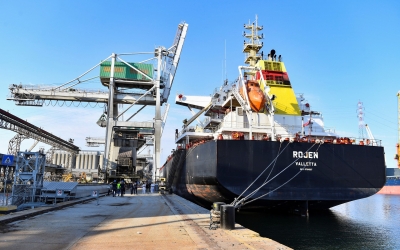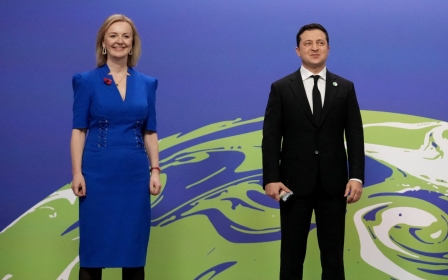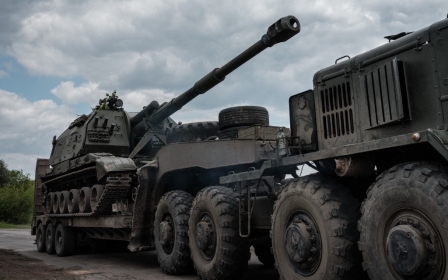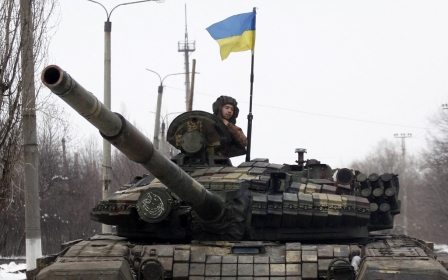Turkey: Erdogan blames energy crisis on Europe's 'provocations' against Russia
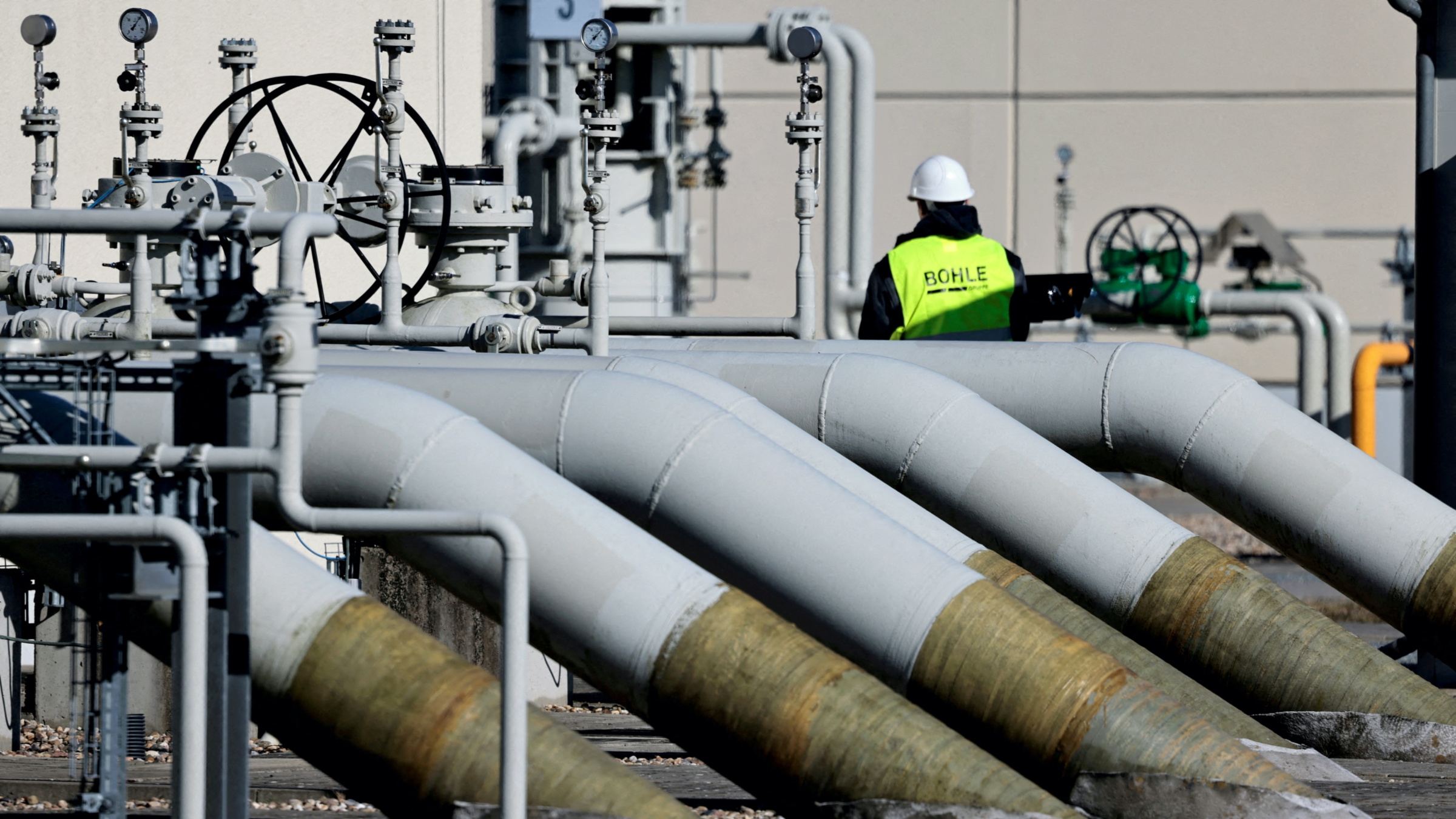
Turkish President Recep Tayyip Erdogan on Wednesday criticised the West's “provocations” against Russia, saying the attitude taken by western states was a mistake that triggered the energy crisis in Europe.
Erdogan, who is on a state visit to Belgrade, said in a televised address that the West cannot get results through provocative policies.
“Russia should not be underestimated,” Erdogan said. “Russia is not a country to be taken lightly. The West is making a mistake.”
Erdogan also said that Europe should have thought about the energy crisis before going taking up the struggle with Russia.
“Russia has cut the gas and now Europe is gloomy,” he said, adding that Turkey still maintains a balanced policy vis-a-vis the Ukraine war and is avoiding taking a side.
New MEE newsletter: Jerusalem Dispatch
Sign up to get the latest insights and analysis on Israel-Palestine, alongside Turkey Unpacked and other MEE newsletters
He also accused Europe of sending scraps to Ukraine as military aid.
“No one is winning this war, but there are many losers,” he added.
Russia largely stopped exporting gas to Europe last week, with the Kremlin saying on Monday that Russian gas supplies to Europe will not resume until western sanctions against Moscow are lifted.
Russia says sanctions are hitting its technical capabilities to repair pipelines like Nord Stream 1.
Fine line
Turkey has been walking a fine line in the Ukraine crisis. It has closed the straits to Russian warships, denied Russian military overflights to Syria, and sold armed drones to Ukraine. Yet, Turkey also enjoys deep commercial and energy ties with Moscow, with the latter wiring up to $7bn to the cash-strapped Turkish treasury for the construction of a nuclear power plant.
Data from the Turkish statistics agency indicates nearly 4,900 Russians purchased houses in Turkey between February and June 2022, a major shift compared to previous years, with most of them trying to obtain Turkish citizenship through investment.
The Russian financial flows into Turkey have alarmed the US government, which dispatched Treasury Deputy Secretary Wally Adeyemo to Ankara in June. There, he warned Turkish authorities and businesses not to become a conduit for “illicit financing”.
Adeyemo also sent letters to Turkish and American business groups last month, again warning them about the dangers of conducting business with Russian firms.
Turkey also brokered a deal between Russia and Ukraine in July to transport the latter’s grain out of the country through the Black Sea.
Earlier on Wednesday, Russian President Vladimir Putin complained that most of the grain has been going to Europe rather than to countries suffering from food crises. Putin said he would contact Erdogan to discuss possibly limiting the export of grain and food from Ukraine.
In response, Ukrainian Infrastructure Minister Oleksandr Kubrakov tweeted that Ukraine had sent 54 vessels to Asia carrying just over a million metric tonnes of grain, and another 16 vessels to Africa carrying 469,000 metric tonnes.
Europe had received 32 vessels loaded with 853,000 metric tonnes of grain, he added.
UN data released on 27 August indicates that 75 percent of Ukrainian grain exports through the Black Sea were destined for non-EU states, with Turkey receiving 21 percent, South Korea 13 percent, Iran 12 percent, and Egypt 11 percent.
Middle East Eye delivers independent and unrivalled coverage and analysis of the Middle East, North Africa and beyond. To learn more about republishing this content and the associated fees, please fill out this form. More about MEE can be found here.


